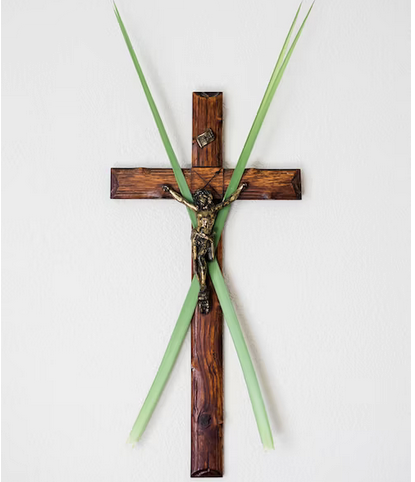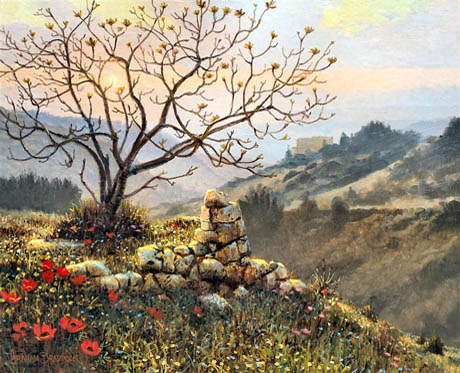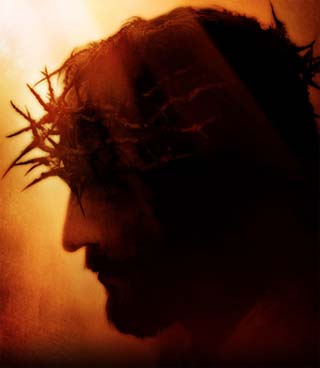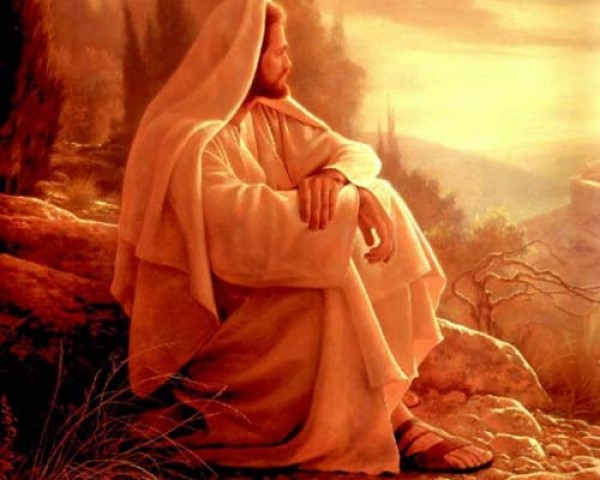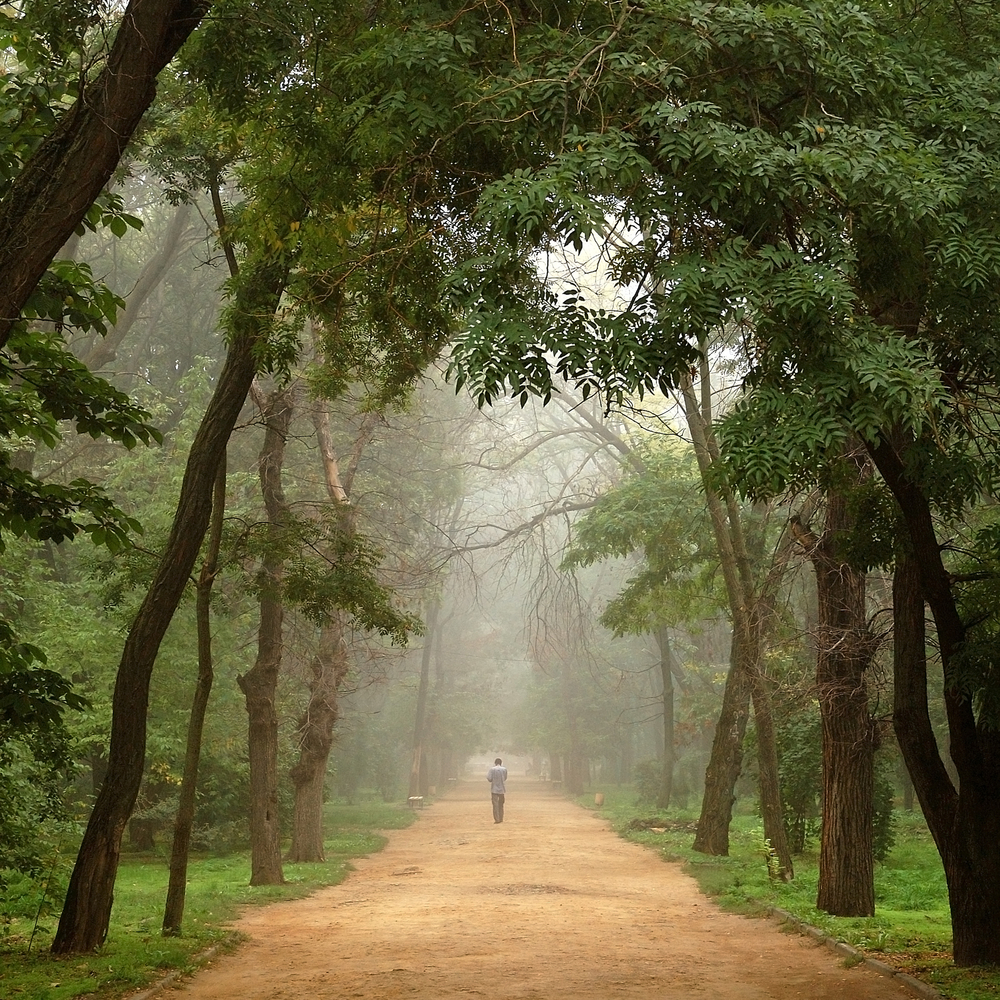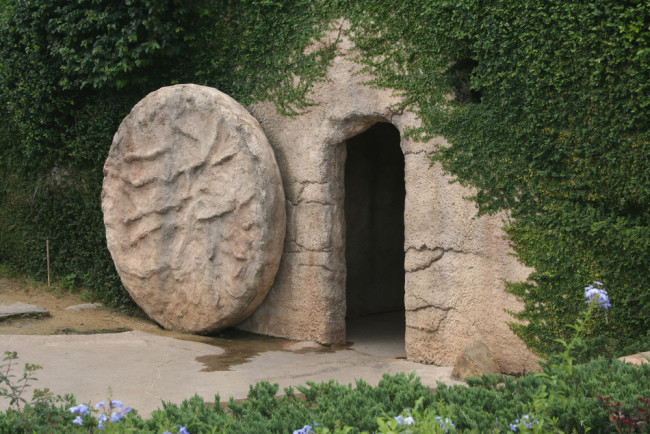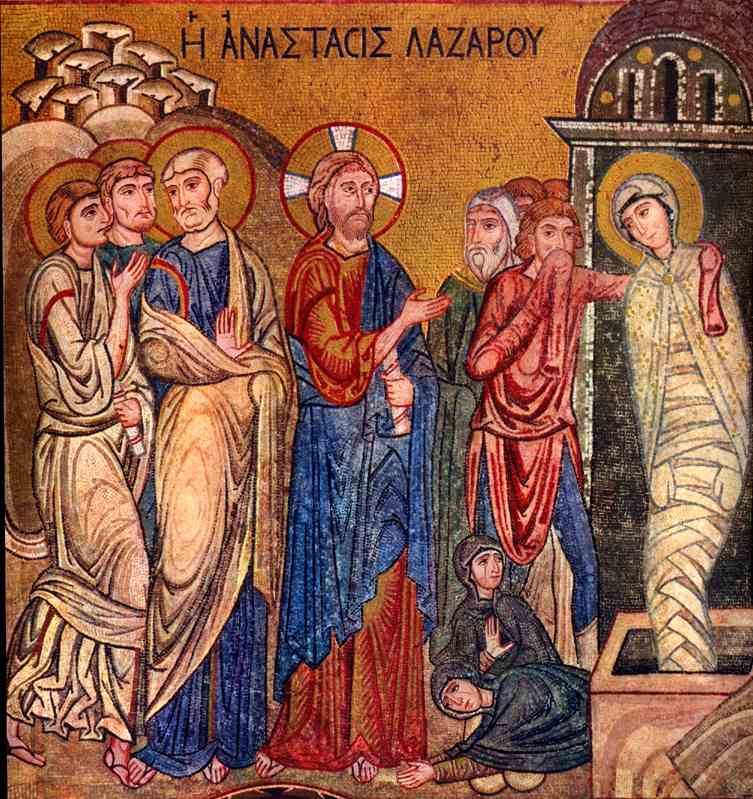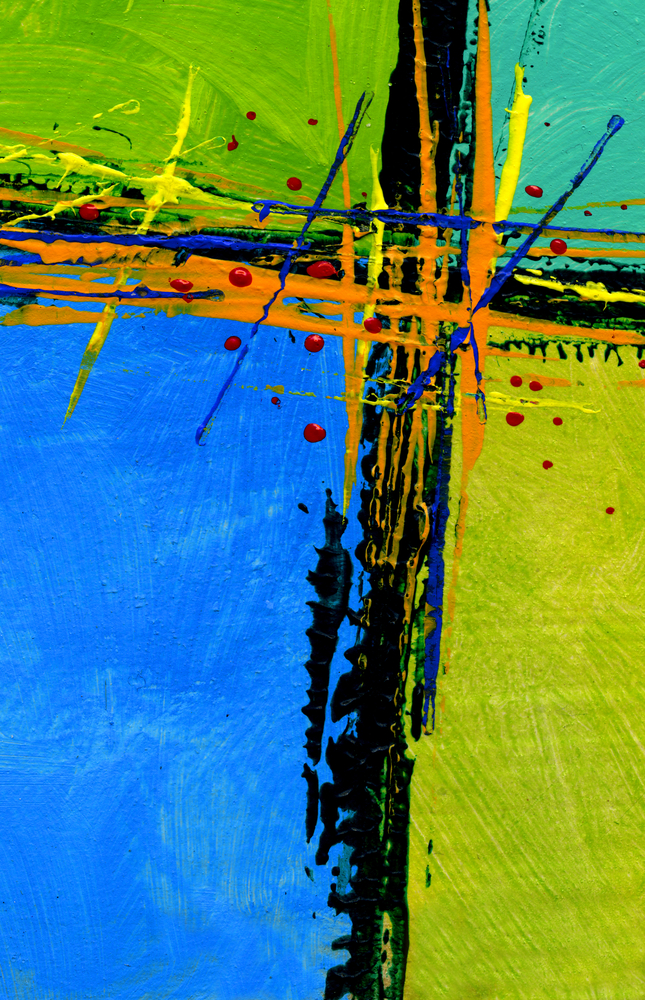Lent is not about giving up chocolate. It’s about uncovering the blindness in our perception and being open to what others have to share with us.
But now that we’re halfway through the season of Lent, I think it’s the right time to talk about what is possibly the most important spiritual practice of all, the practice that makes all the others possible: the spiritual practice of letting something go. All the spiritual teachings in the world are not going to help us–even a personal invitation from the spiritual master himself is not going to help us–if we keep ourselves too busy to show up for him. Thanks for coming over, Martha says to Jesus this morning. But you know, I really don’t have time for this stuff!
“Mindfulness is "paying attention in a particular way: on purpose, in the present moment, and non-judgmentally." ... It could have been at the mouth of one of the shallow caves carved by Nature out of the limestone cliffs of Mount Quarantania, facing Jericho on the Jordan River and the Dead Sea to the southeast, that Jesus sat to gaze at forty dawns in the wilderness before he began his ministry. This 40-day season of Lent invites us to join Jesus in practicing mindfulness as he did in the desert.
Compassion over rules
sadly in a world dominated by might, money, and power, some people look upon compassion, mercy, gentleness of spirit, inclusiveness and unconditional love as weakness. In a world blighted by terrorism, war and indescribable brutality demonstrated day by day, for example in Syria, Iraq and Afghanistan; in a world where many have become indifferent, self righteous and just downright selfish; in a world where Bible passages are taken out of context to uphold racism, sexism, homophobia and unhealthy nationalism: these are the places in which compassion, mercy, gentleness of spirit, inclusiveness and unconditional love should work and speak.
As Christian people we all too often pay lip service to the fact that the political and religious context in which Jesus lived, thought and died, was one of economic, political and military domination by the Roman Empire. We also often fail to realise that this was also both the context in which the Christian scriptures were written and the life and death of Jesus was interpreted. Failure to understand these Jewish contexts leads Christians and the Church to misinterpret the underlying message and meaning of the life and death of Jesus the Jew of Nazareth. Whether we like it or not, I am convinced that Jesus had a political agenda as well as an agenda of compassion.
As we prepare for Easter, this Season of Lent offers us an opportunity to reflect again upon how we experience Yahweh God and how we live our lives of servant hood - not as doormats to be trampled under foot but as true servants of Yahweh God who proclaim by our lives that Jesus is our Way, our Truth and our Life. Lent offers us the opportunity NOT to give up but to give more of ourselves in the service of others and in the causes of justice and peace. May this Season of Lent have real meaning for each one of us.
(This is adapted from emails I sent to students, faculty, and staff in the course on mindfulness I'm teaching at the USC Keck
I thought I'd pretty well covered the territory in a "musing" I wrote a few years ago called "The Varieties of God", a listing of the many alternatives along the spectrum between traditional theism and atheism. But Ryan Bell has added a new one: provisional atheism. Godlessness for the time being. He's gone public with this status, and I intend to follow his "Year Without God" blog to see how it goes for him.
Being a child of God – for Jesus and for the rest of us – is a poetic way of describing our direct, personal engagement with Ultimate Reality. It is an artful expression of ourselves as physically integrated with the divine essence of the cosmos. Being the son or daughter of God does not mean that any of us can leap off the cross in a single bound.
The dry bones raised by Ezekiel are a metaphor for those who died in the service of God’s justice: those who died working to restore God’s distributive justice-compassion to God’s Earth, and who themselves never saw the transformation. The army of dry bones is an army exiled from justice. Fairness demands that if Jesus was resurrected into an Earth transformed into God’s realm of justice-compassion, then all the other martyrs who died too soon should also be raised with him. “But in fact,” Paul writes in 1 Corinthians 15:20, “Christ has been raised from the dead, the first fruits of those who have died.” It is the Christ – the transformed and transfigured post-Easter Jesus – who has started that general resurrection, which restores justice-compassion to a transformed Earth. The transformation has begun with Jesus, and continues with you and me – IF we sign on to the program.
The Gift of Mortality
Avowed atheist Susan Jacoby recently created a dust up with a recent article in the New York Times Sunday Review entitled, “The Blessings of Atheism.” She wrote in response to all the god-talk that appeared in the immediate aftermath of the Newtown massacre; with all those unanswerable questions or inadequate answers to human suffering and death so often peddled in popular religious belief. So too, not long ago author and “non-believer,” Christopher Hitchen’s posthumously published his little book Mortality; recounting his rambling thoughts on his own imminent demise; after a terminal diagnosis left him a sufficient number of days to find himself “deported from the country of the well across the stark frontier that marks off the land of malady.” But what, or where to, after that? What if this really is all there is? It seems there has always been the human hankering to imagine all kinds of fanciful notions, in our attempts to recapitulate our mortal existence into something more than it is. Many religious traditions, including centuries of “mainline” orthodox Christianity, employ great mythic stories to describe a life subsumed into something greater than we can either know, or grasp, except by “faith.” Heaven knows, some folks try to better themselves, merely in the hope of a remote possibility there something more, after our death, which is a certainty. But in the end, is it all dust and ashes? And is that OK? This is the liturgical time of year when many in the Christian tradition undergo a seasonal pilgrimage in which the faithful are reminded at the onset we mortals are nothing more than dust. And so we will one day return to that from whence we came. Then the traditional forty days end with the perennial re-enactment of a passion play commemorating the mortal demise of the one whom Christians even these many centuries later would profess to follow. Many do so in the hope of some kind of immortality for themselves in some indecipherable form or other; attributing to Jesus a “resurrection” that means the same thing to them as god-like immortality; while others of us may find such imaginings to be not only reasonably implausible, but of less importance than what we take to be of greater significance and meaning in this faith tradition. Otherwise, the vainglorious hope of immortality can become so enshrouded in our mortal fears that we become – like Lazarus in his early grave – so wrapped up in death that we fail to truly acknowledge and appreciate the gift of our mortality for what it is; nothing more, nor less. With the certain assurance then that we are but dust and ash, we can ask ourselves if the gift of our mortality is not only enough, but more than enough? And if so, as the psalmist says, how then shall we “number our days, that we may apply our hearts to wisdom?” (Psalm 90:12)
When we look at the entire story of Jesus, including his teachings as well as his life, it seems clear his path always presumed a spiritual death before one could experience new life or rebirth. His hodos required a death to the old before there could be a birthto a new way of seeing, a new way of understanding and experiencing life.
Simone Weil was a Jewish philosopher from France who was hungry for God, and found God through Christianity – even though she never became a Christian...For her, being hungry for God was the way to have God. Yearning for God was her experience of God.

